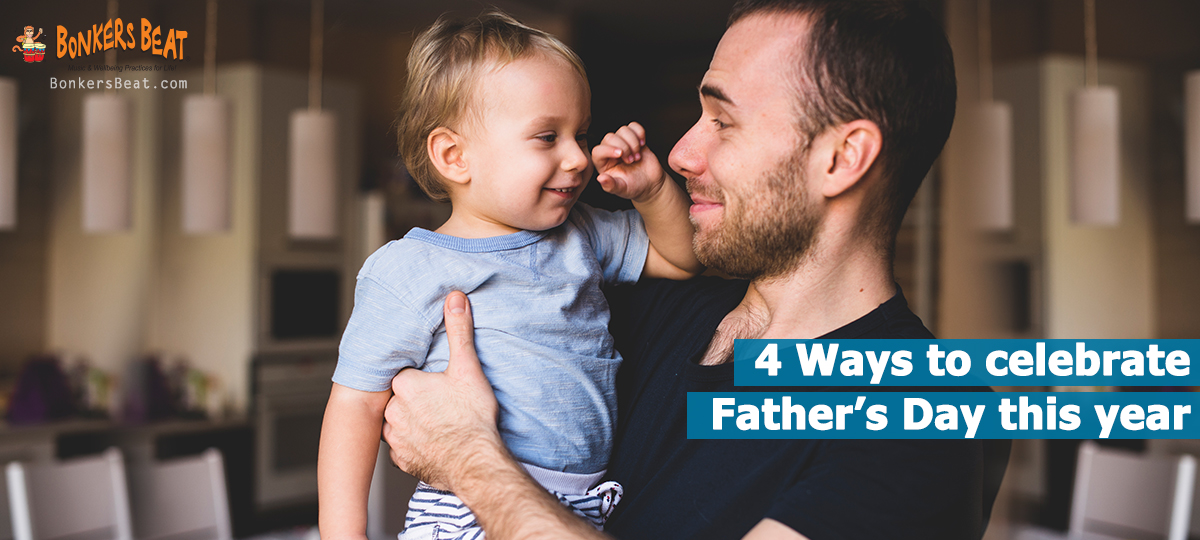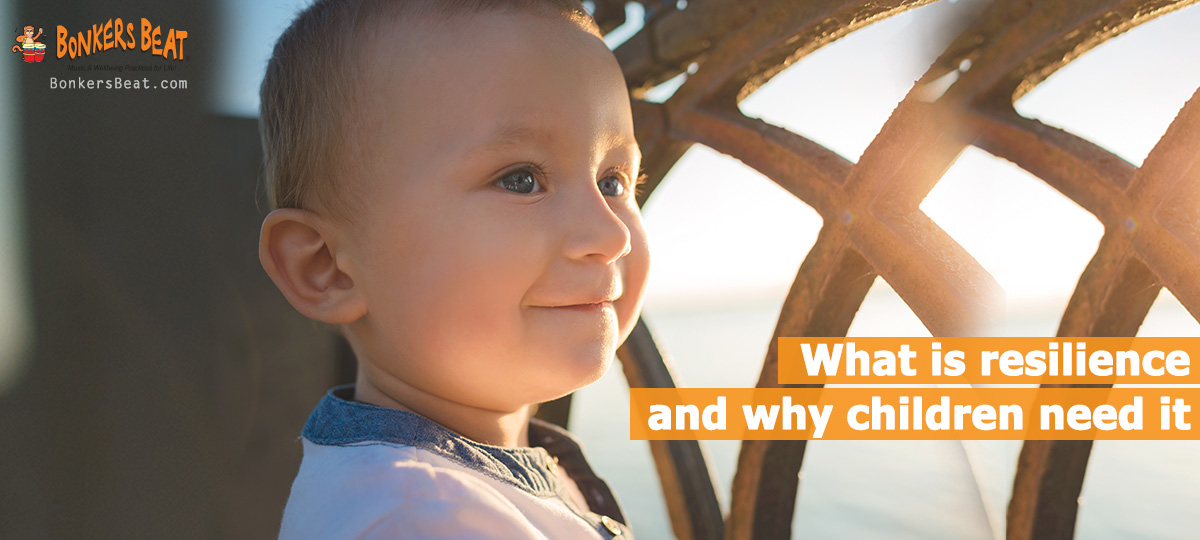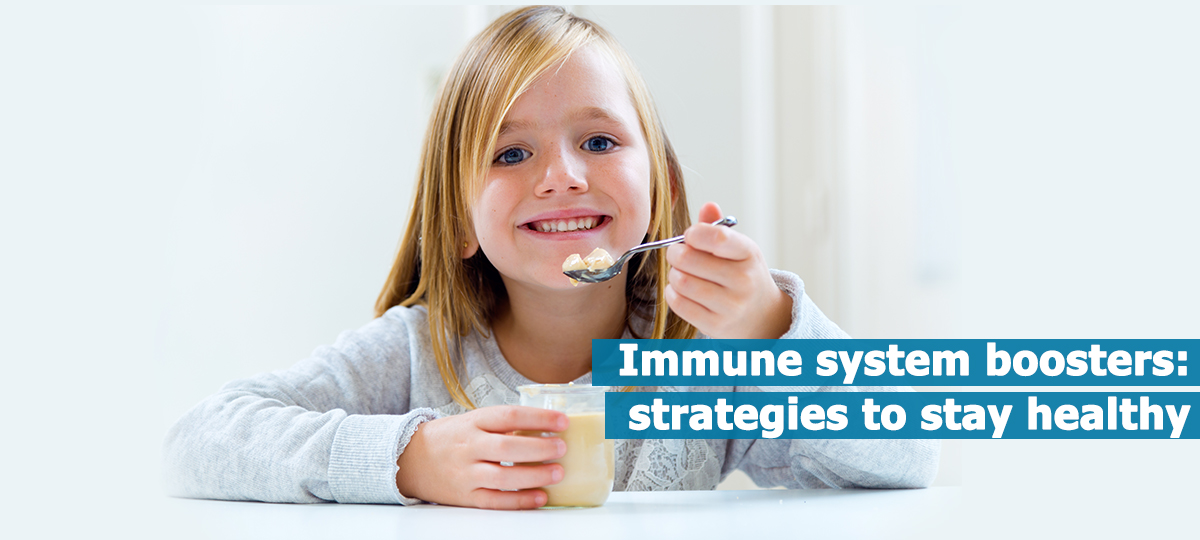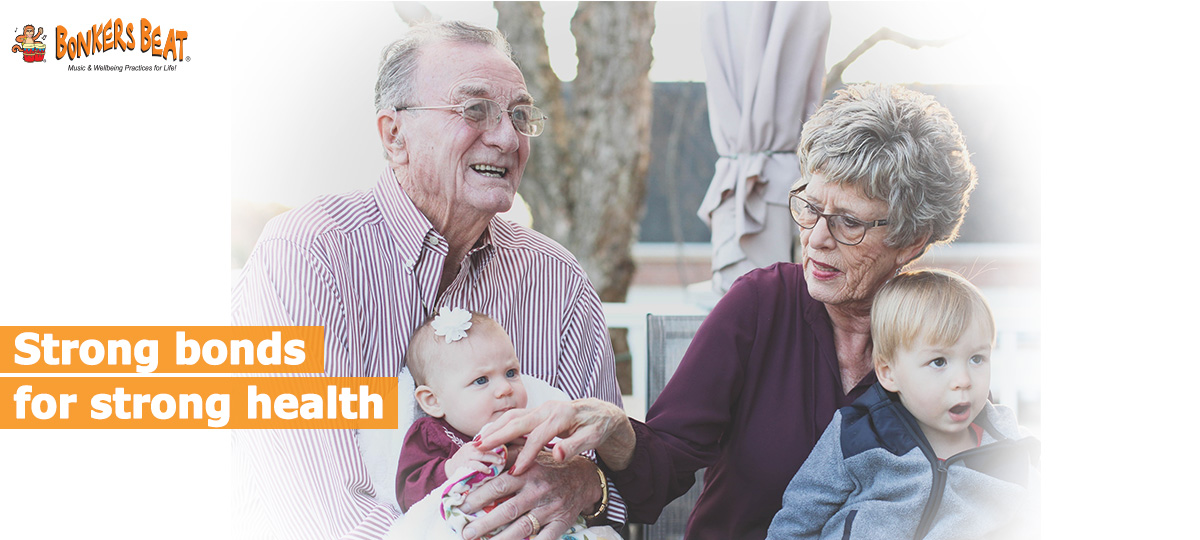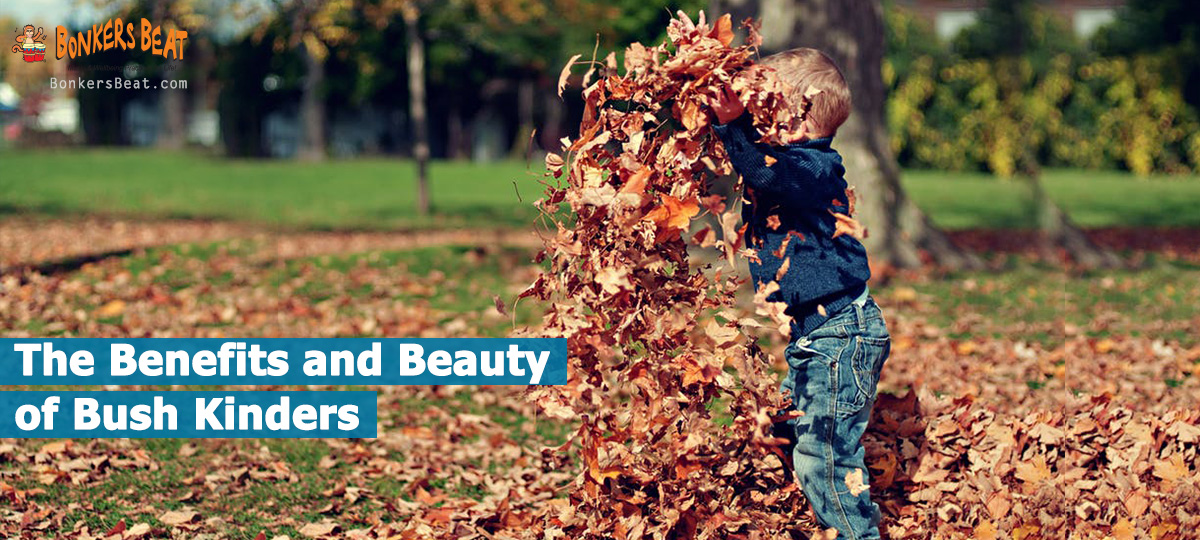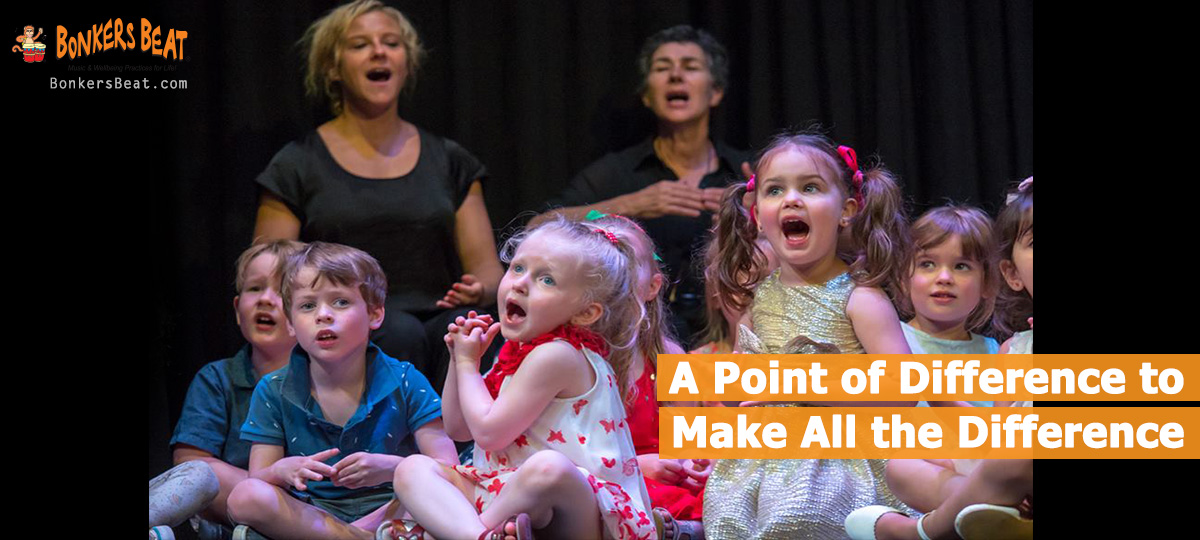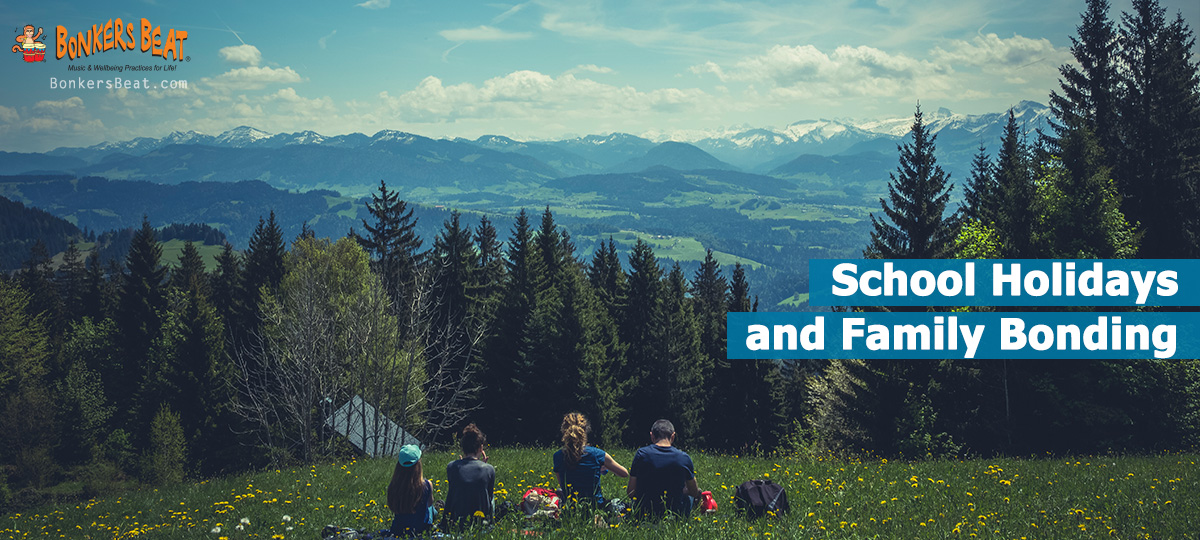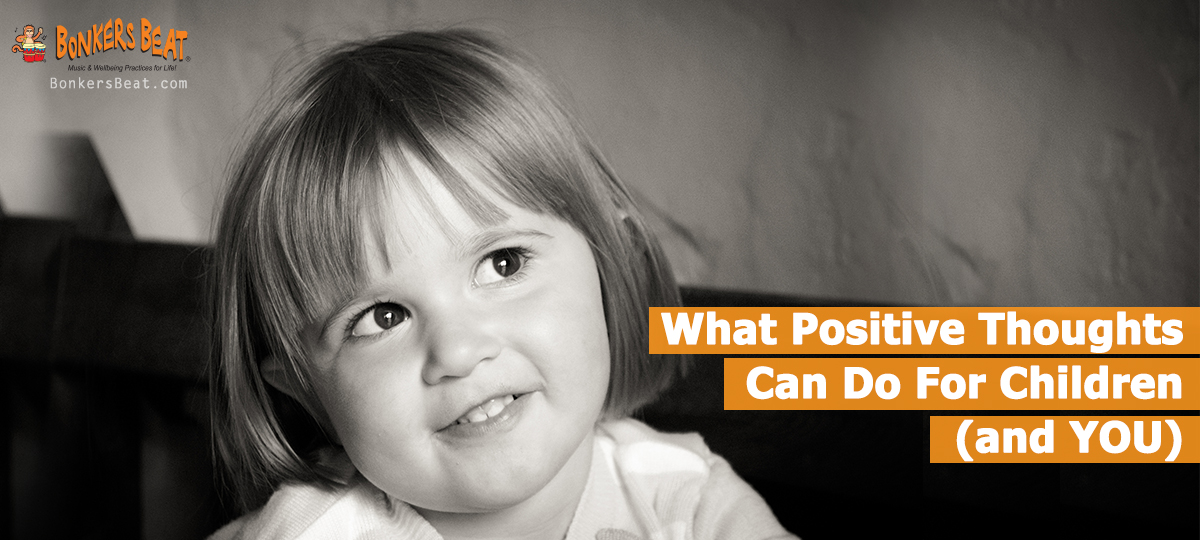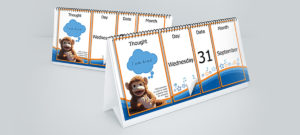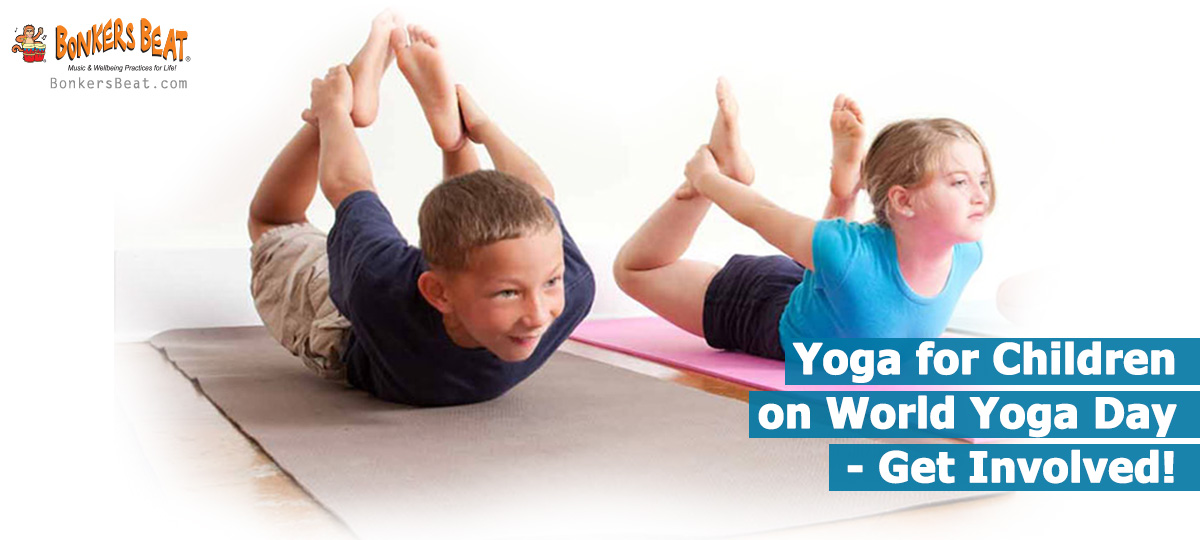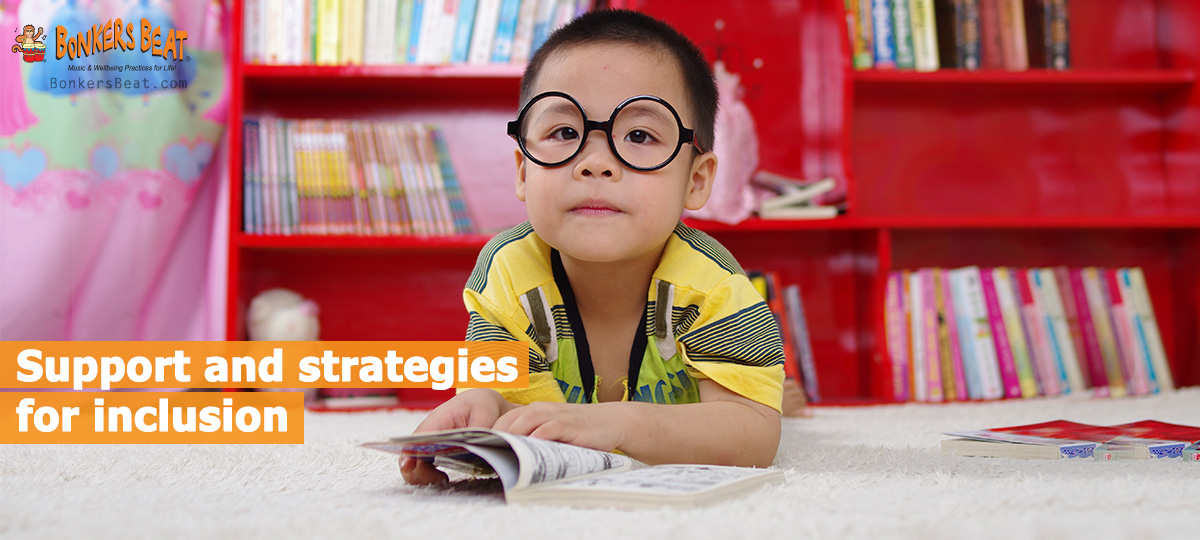Looking for a Father’s Day idea? Socks, ‘World’s Best Dad’ mugs, breakfast in bed… These classic Father’s Day gestures are fun and much-loved by dads. But let’s get creative for Father’s Day 2017 on Sunday, 3 September and show dads how much children really care with some heartfelt and handmade gifts!
Father’s Day Idea #1: Create a portrait
First, ask children to think about their dad or special male role model’s features – does he have big bushy eyebrows? Dark brown eyes? A fuzzy beard? With those notable features in mind, children can paint or draw a portrait! Encourage children to take their time and think it through. Make it even more special by adding textures for hair, pop it in a frame or laminate it to make it last a lifetime.
Father’s Day Idea #2: Fill in the blanks
Children say some funny things – and dads will love to read the funny things they come up with when asked to fill in the blanks! Try this one. Team it with an image of the child to top it off.
Father’s Day Idea #3: Dad Grass Heads
They’re funny and simple and dads will love them. Create a grass head for fathers and special men that include little details that are tailored to children’s dads. For example, a tie, glasses or facial hair make a fun custom addition. Take a look at how to create a grass head here.
Father’s Day Idea #4: Use the Bonkers Beat ‘My Daddy’ poem
We’re sharing our My Daddy poem with you! Children can recite it to fathers and special men in their lives at a Father’s Day morning or afternoon in your centres or incorporate the text from the poem into your Father’s Day card or craft. Access ‘My Daddy’ poem here.
Don’t forget that Father’s Day is a lot of fun for many children, but should always be treated with sensitivity. Talk about dads as well as special men in children’s lives. This could include step-dads, uncles, grandfathers and family friends.
It’s also worth remembering that Father’s Day presents the opportunity to discuss the variety of family dynamics with children. Letting them know that there’s no such thing as a ‘normal’ family can be incredibly comforting to a child who may feel uncomfortable about their family situation and can teach other children about diversity.
Enjoy celebrating Father’s Day and share with us photos via Bonkers Beat Facebook!

